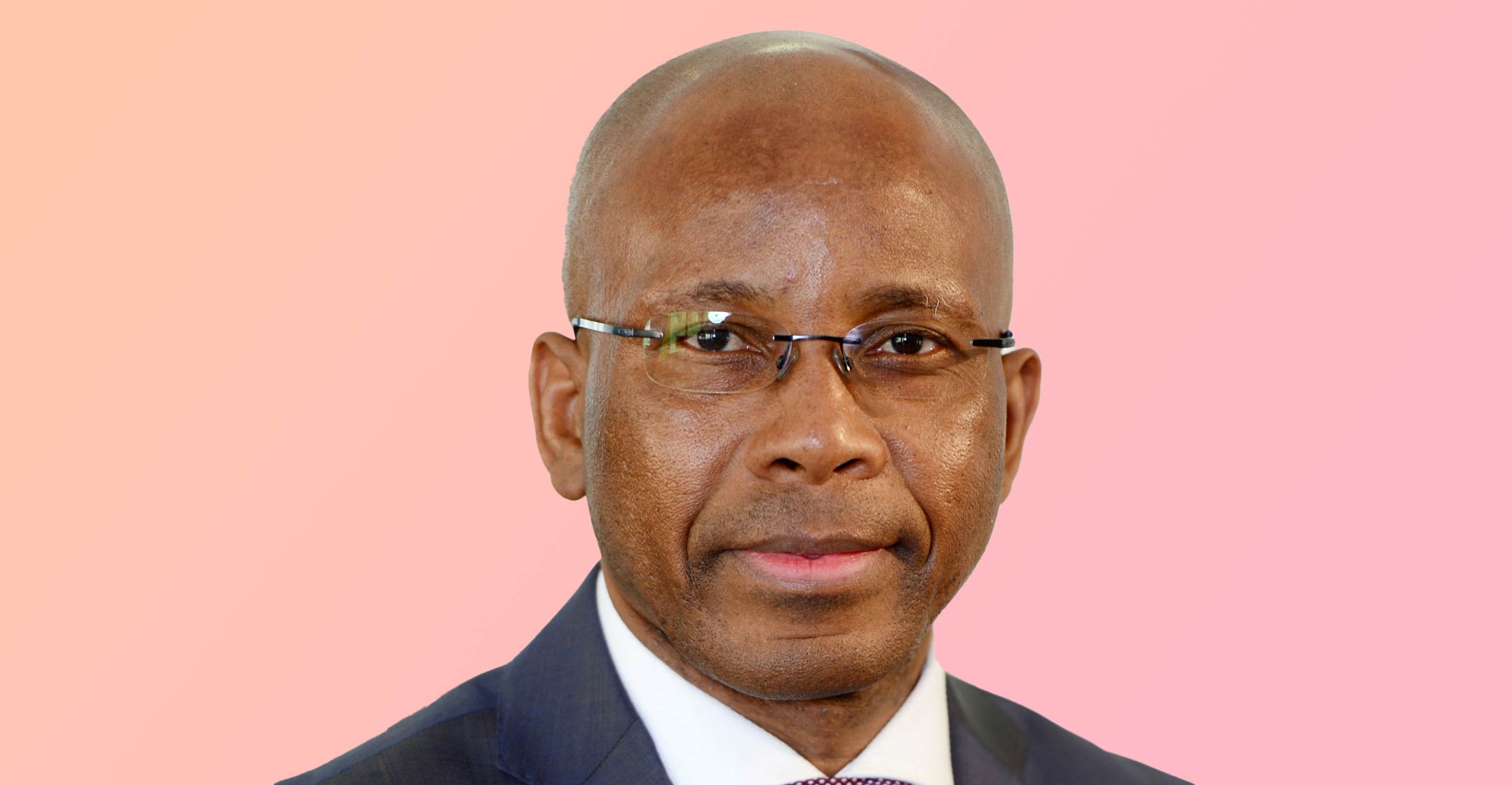 South Africa’s power sector will require increased private sector investment as debt-ridden utility Eskom implements structural reforms and builds critical new infrastructure, the company’s chairman said.
South Africa’s power sector will require increased private sector investment as debt-ridden utility Eskom implements structural reforms and builds critical new infrastructure, the company’s chairman said.
Private sector involvement in the power sector is a politically sensitive subject as South Africa prepares for elections in May, and the chairman made clear state-owned Eskom would not be moving towards privatisation.
“Private sector participation, yes, but the asset is going to end up with the government,” Mteto Nyati, the chairman of Eskom’s board of directors, said in an interview.
Government is working to add generating capacity, largely through deals with private companies operating solar and wind projects. However, Nyati said the capacity to connect those new projects to the national grid was limited by available transmission capacity.
“We probably need close to R350-billion over the next 10 years to build the transmission infrastructure. We do not have, from our own operations, the capacity to fund that,” he said.
Nyati said Eskom had the finances to fund the first three years of its transmission expansion plan.
Beyond that, it would need private investment, he said, adding the board was considering the kind of build, operate and transfer models that had already been used to construct highways and communications networks.
Reform plan
Under a reform plan announced by President Cyril Ramaphosa in 2019, Eskom will be unbundled into three companies that will separately manage electricity generation, transmission and distribution. The transmission unit will be operational this year, Nyati said, with the new distribution entity to follow suit in 2025.
In future, he predicted Eskom’s generating company would be the sole provider of the baseload electricity required to keep the grid running, but with independent power projects increasingly involved in adding new generating capacity.
Watch | Mteto Nyati on investing, IT and South Africa’s future
A government planning document released for public comment last month called for a massive programme of power plant construction to ensure adequate electricity supply to 2050. — Joe Bavier, (c) 2024 Reuters




